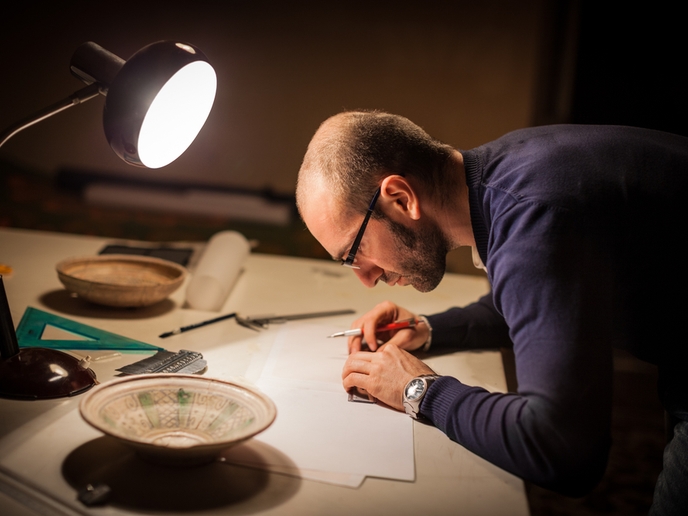Gender politics in the University of Oxford’s collegiate choirs
The choirs at Oxford have long been acclaimed for their world-class performances, but until recently, the choirs have been entirely made up of boys and men. Even today, the gender-based exclusion of women and girls in the three choral foundations is still a topic of political debate. Young women at Oxford currently have the opportunity to sing in three services per week (with one choir), whereas men can sing in up to seven. Dr Sigrun Lilja Einarsdottir of the Unversity of Oxford studied this phenomenon as part of the EU-funded OXFORDCHOIRS project. The aim was to observe both the culture and the policy perspectives of the historic Oxford collegiate choral tradition, with a particular focus on the recent introduction of female singers to some of the choirs. The project also sought to address the issue of elitism in terms of access to quality music education. “The fact that socio-economic background of parents is a deciding factor in whether a student can or cannot attend private school in order to get proper musical training sounds odd,” said Dr Einarsdottir. “Furthermore, the fact that if you are a boy, your possibilities for advanced choral/musical training as a chorister are significantly more than if you were born as a girl sounds strange.” Why women have been excluded The project showed that there are three main reasons why women haven’t been fully accepted yet into the choral sphere at Oxford; firstly, the issue of aesthetics and preservation – the all-male choirs are considered to be a cultural phenomenon. Those who want to preserve the tradition argue that girls and boys have different-sounding voices, however some scholars say that the unique sound of the boy choirs is the result of intensive training, and that if both girls and boys were subject to the same musical education, those differences might not be noticeable. A second argument that was voiced by choral members and music directors is that boys would stop participating in the choirs if women were allowed to sing. Previous research shows that boys often fear being accused of ‘sounding like a girl’ or ‘sounding gay’, which discourages them from taking part in choirs. A third issue is the case of male versus female altos. Even in 2017, adult female altos are a rare sight in English cathedral choirs. In the three choral foundations of Oxford, women are so far not admitted. This puts female choristers at a disadvantage, because these choirs are amongst the most prestigious in the UK and have a reputation worldwide for prestige and excellence in terms of musicality. Furthermore, in some of the mixed-voice choirs, certain choral scholar positions are ear-marked for counter tenors and so these opportunities are not available for female altos. A changing landscape The landscape is changing, however, with more and more of Oxford’s choirs accepting women in recent years. Now, mixed-voice choirs are the most common forms of choirs, although, as Prof. Sigrun says, “boys and young men have, still today, better access to performance opportunities and training. That is a fact that is specifically tangible within the collegiate choirs of Oxford.” The next steps for the OXFORDCHOIRS project will be to write a book, outlining the stories of the young women and girls that currently sing in the choirs. The focus of the book will be on their experiences within this male-dominated environment.
Keywords
OXFORDCHOIRS, choral, choir, tradition, University of Oxford, all-male voice choirs, counter tenor, gender politics, gender equality, gendered musicality







